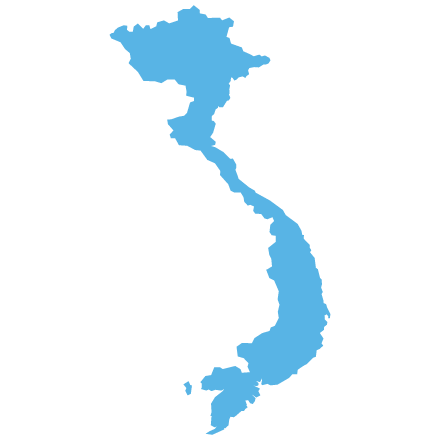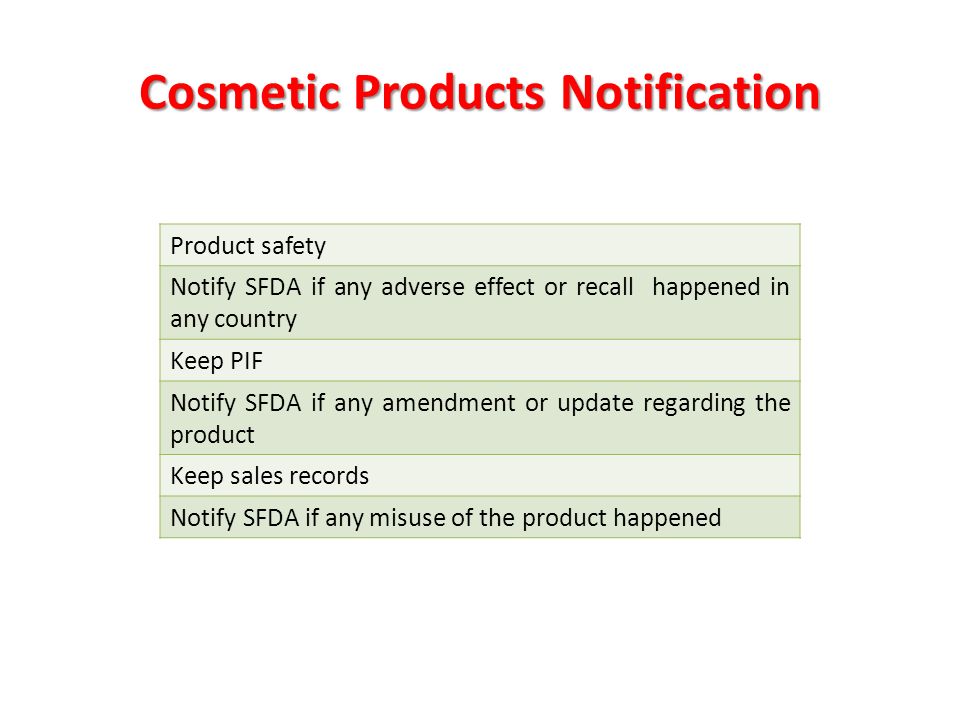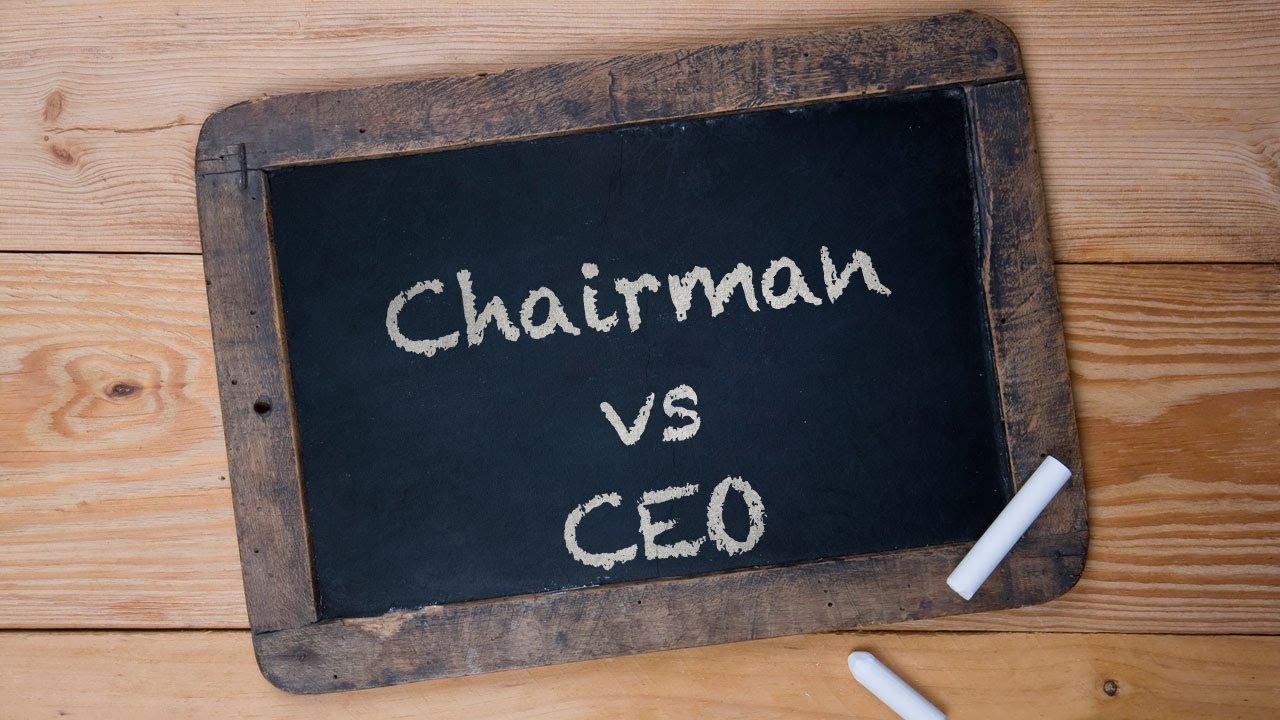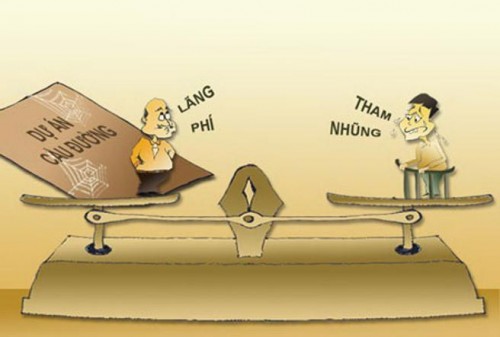SBLAW would like to provide legal regulations on documents of e-commerce in Vietnam.We therefore would like to present you our legal opinion as below:
1.Distinction between the software interface and software documentation.
The information technology business is a new sector in Vietnam. Therefore, the legal regulations in this sector are still not enough for understanding and implementation. At the end of 2014, the Ministry of Information and Communications of Vietnam have just issued the Circular No. 16/2014/TT-BTTTT on identifying the software production. However, there is not any regulation in this circular mentioned to the definitions of Software Interface and Software Documentation.
With regard to Software Documentation, basing on the software definition stated in the Item 1, Article 3 of the Decree No. 71 detailing and guiding the implementation of a number of articles of the law on information technology regarding information technology industry: “Software product means software, and accompanying documents”¸ in our opinion, Software Documentation is all the documents under any expressed form that related to Software such as software description documents; instructions on installation and use of software; instructions on programming and so on.
With regard to the Interface Software, there is not any regulation related to this definition. At this time, we use this definition as general understanding in the world.
2.The legality of using different languages on software interfaceand/orsoftware documentation
Pursuant to the Article 3.1 of the Decree No. 52/2013/ND-CP of the Government on e-commerce: E-commerce activity means conducting part or the whole of the process of commercial activity by electronic means connected to the Internet, mobile telecommunications network or other open networks.
Thus, the sale of the antivirus software on website is an e-commerce activity.
Pursuant to Article 32 of the Decree No.52/2013/ND-CP: “Languages expressing the general trading condition must include Vietnamese. In case the website has the online ordering function, the seller must have a mechanism for customers to read and express their consent to the general trading conditions before sending a proposal for conclusion of contract”.
The general trading condition includes:
a) Conditions or restrictions on the provision of goods or services, such as limits on time or geographic scope, if any;
b) Return policies, including return term and method, or exchange of goods purchased, method of getting refunds and cost of this return;
c) Product warranty policy, if any;
d) Service standards, service provision process, charge tariff and other terms related to the provision of services, including conditions and restrictions, if any;
e) The seller’s obligations and customer’s obligations in each transaction.
Besides, pursuant to Article 14 of Law on Protection of Consumer Rights: “A written contract with a consumer must use clear and understandable language, which is Vietnamese, unless otherwise agreed by involved parties or provided by law. When a contract is concluded electronically, a goods or service trader shall create conditions for a consumer to review the whole contract before its conclusion”.
Therefore, in the transaction process with Vietnamese consumer, the written contract should be made in Vietnamese language.
In Vietnam, there is not any regulation stated the definitions of Software Interface and Software Documentation, therefore, if any information in these are met with the description of Articles 32 of the Decree No.52/2013/ND-CP above must be made in Vietnamese if it shall be sold in Vietnam.
3.The difference between the sale/use of the software to consumers (B2C) and businesses (B2B) in Vietnam
B2B and B2C are two forms of e-commerce transaction, in which, Business-to-business (B2B) is commerce transactions between businesses, such as between a manufacturer and a wholesaler, or between a wholesaler and a retailer; Business-to-Consumer (B2C) is transactions conducted directly between a company and consumers who are the end-users of its products or services.
Pursuant to regulation of Vietnam, there is not any big legal difference between two kinds of sale above.
With regard to the tax relating to the receiving amount in Vietnam of foreign supplier who does not have commercial appearance in Vietnam, according to the Tax Law of Vietnam, the foreign trader has to pay withholding tax to Vietnamese Tax Authority.
However, the Tax Authority will ask Vietnamese businesses for paying such above withholding tax on behalf of the supplier. Otherwise, in case the supplier provides it to the Consumers, the Tax Authority cannot ask many consumers for paying tax.
Finally, we would like to advice the supplier that if the supplier wants to sell its products by itself in Vietnam by e-commerce, it has responsible for setting up it trading company in Vietnam.

















